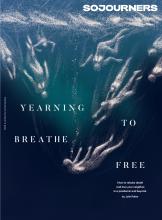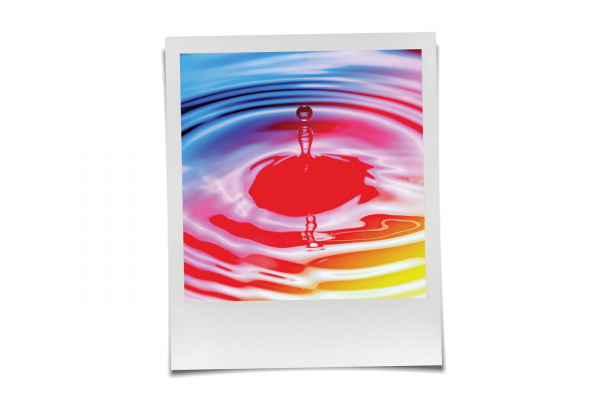LAST SUMMER, I started composting. What began as an economical exercise focused on reduction became, over time, a relationship based on generosity and gift. When COVID-19 interrupted my weekly routine of dropping off food scraps, I realized with a jolt that composting felt less like an act of frugality and more like bringing tribute. Unexpectedly, through composting, I had entered into relationship with the earth—and this was a recovery of something long forgotten. As Robin Wall Kimmerer urges us to remember inBraiding Sweetgrass: Indigenous Wisdom, Scientific Knowledge, and the Teachings of Plants, we exist in reciprocity with the more-than-human world.
This remembrance parallels a tactile memory I experienced last winter while running my hands through a bowl of dried black-eyed peas. The feel of the beans, almost like coins, merged with images of large, elementary numerals in my head and movement, like an abacus, from one side to another—a flash so quick and wordless I could not be sure. When it happened again a few months later, I remembered: This is how I learned to count. My grandmother—a foundational figure alive for my first 18 years—taught me to count with beans.
Read the Full Article

